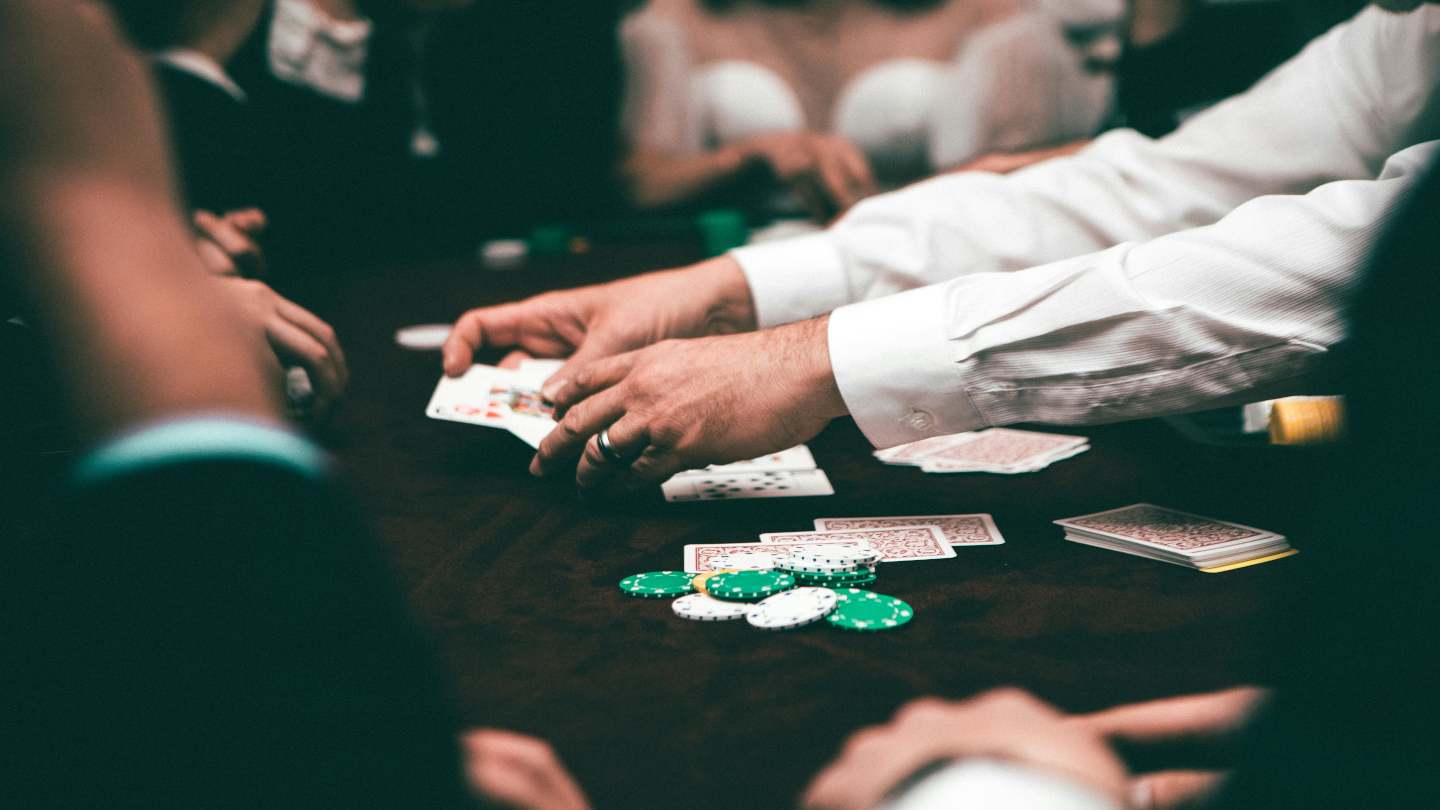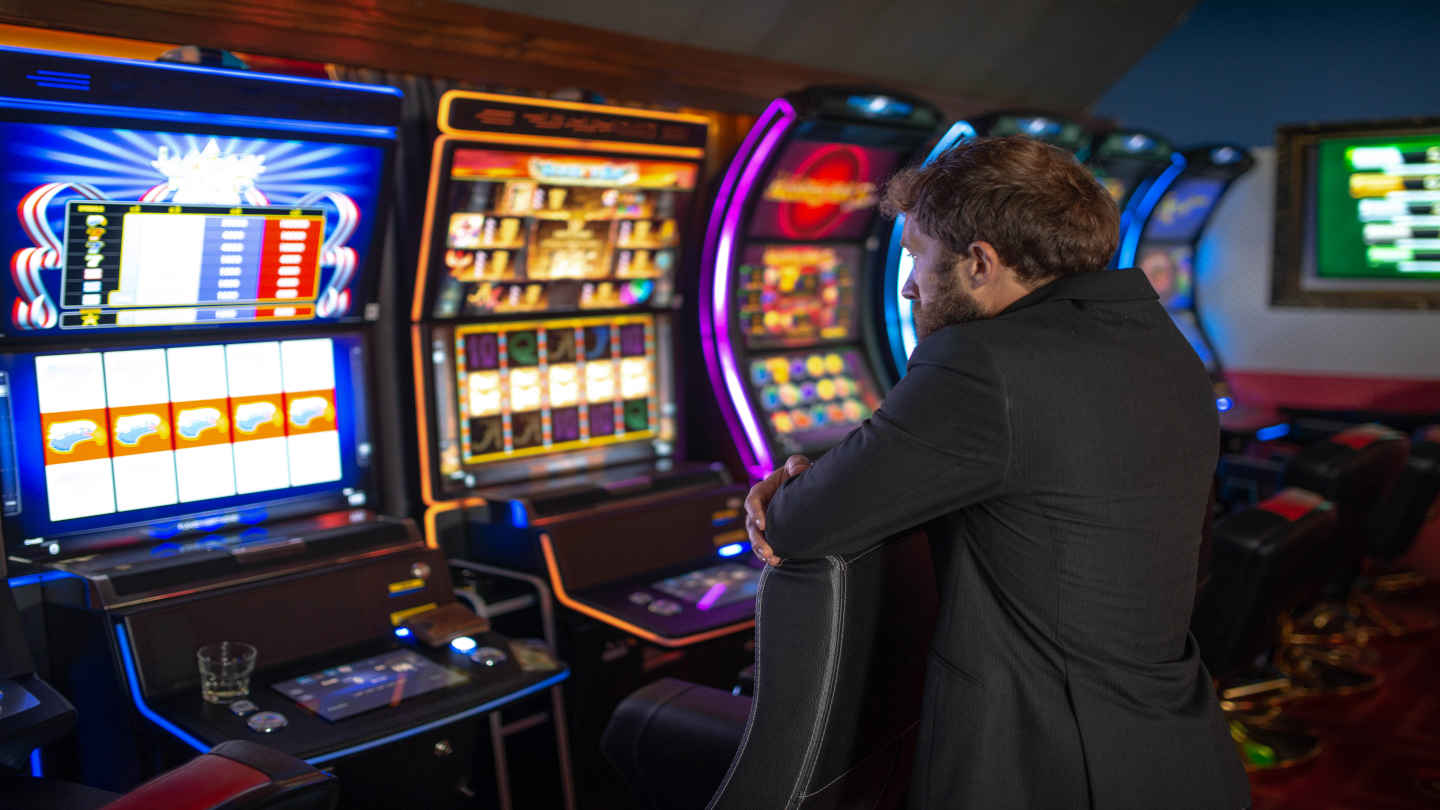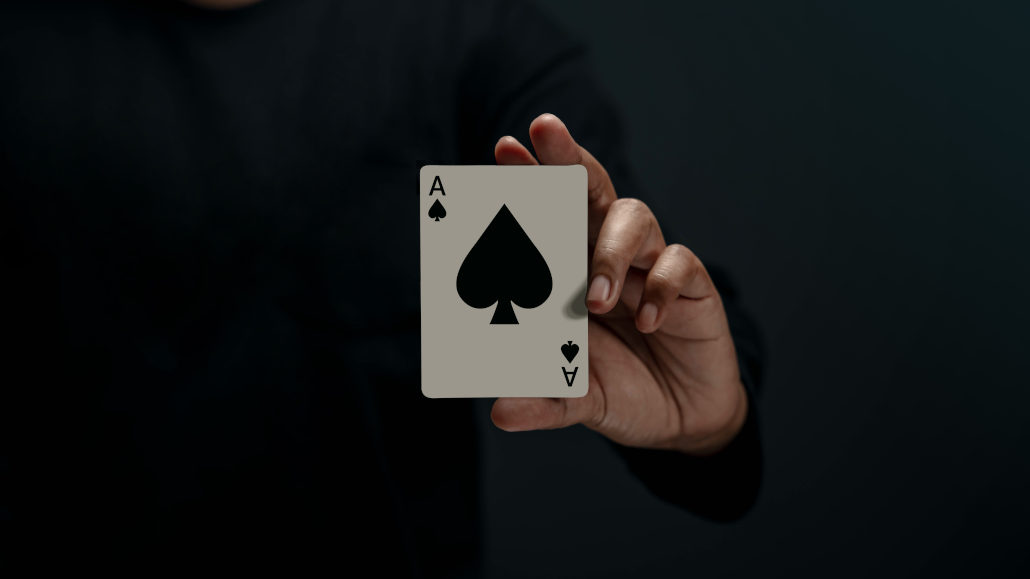Learn Why Poker Is Not A Sport, And Will Never Be Considered As One!

12 minutes
During my years as a poker player and a fan of the game, I’ve read countless articles and seen many videos trying to answer if poker is a sport or not. And the first question that would pop to my mind almost whenever I saw one of these arguments was usually:
Why does it even matter?
I can appreciate that having poker officially accepted as a sport by one of the authorities in power to grant such grace would be good for the game.
Recognizing poker as a sport would help remove some stigma surrounding it, and perhaps more people would be open to accepting the fact that professional poker players aren’t degenerate gamblers.
But, the way I see it is poker a sport or not doesn’t really matter to those individuals. It’s not like someone who believes it is all just gambling and perceives it as something unpalatable will suddenly change the tune.
Those who don’t see the game for what it is and don’t like it won’t like it even if it’s included in the Olympics (which will probably never happen even if poker does eventually become a sport).
On the other side of the fence, I don’t see why people who enjoy the game and are good at it would care, either.
I guess it sounds better if you tell most girls you’re an athlete rather than a poker player, but you don’t need approval from any organization for that. If you feel you’re an athlete and believe poker is a sport, that’s your prerogative.
Should Poker Be Considered a Sport?

Those who know what poker is all about and what it means to succeed in the game will often make parallels between poker and other sports flooding discussions in NVG poker forums.
And, when you look at many of the individual elements, there is plenty of reason to ask: why poker is not a sport?
- It is a game of skill – more skillful opponents will have better results in the long run
- Best poker players spend many hours training (studying) away from the tables
- Poker sessions often last a long time, so certain physical preparedness is required
- Best tournament players tour the world just like athletes in other individual sports
Yet, even with all this, poker is not a sport, or at least in the eye of the general public, it shouldn’t be considered as such.
Now, as a long-time fan of the game and a bit of a player myself, I should be shouting from the rooftops that the general public is wrong, and they do not see the big picture. But I’m not going to do that in this article.
Instead, I’ll take the unpopular role of the devil’s advocate this time around and try to explain why poker is not a sport.
I try to look at things from the point of view of a casual observer and someone who doesn’t have the intimate knowledge of the game – because that’s the people that need convincing, not poker professionals or industry insiders.
Everyone Can Win in Poker – Is It Why It Can’t Be Considered As A Professional Sport?
The biggest reason why it’s very hard for the general public to see poker as a sport is a fact that anyone can win in a major tournament.
I mean, you just don’t see that happening in other sports. If you brought someone who’s been playing a bit of tennis in his backyard and put him in a tournament with the likes of Nadal, Djokovic, Federer, et al., what do you think are the odds of that person winning the tournament?
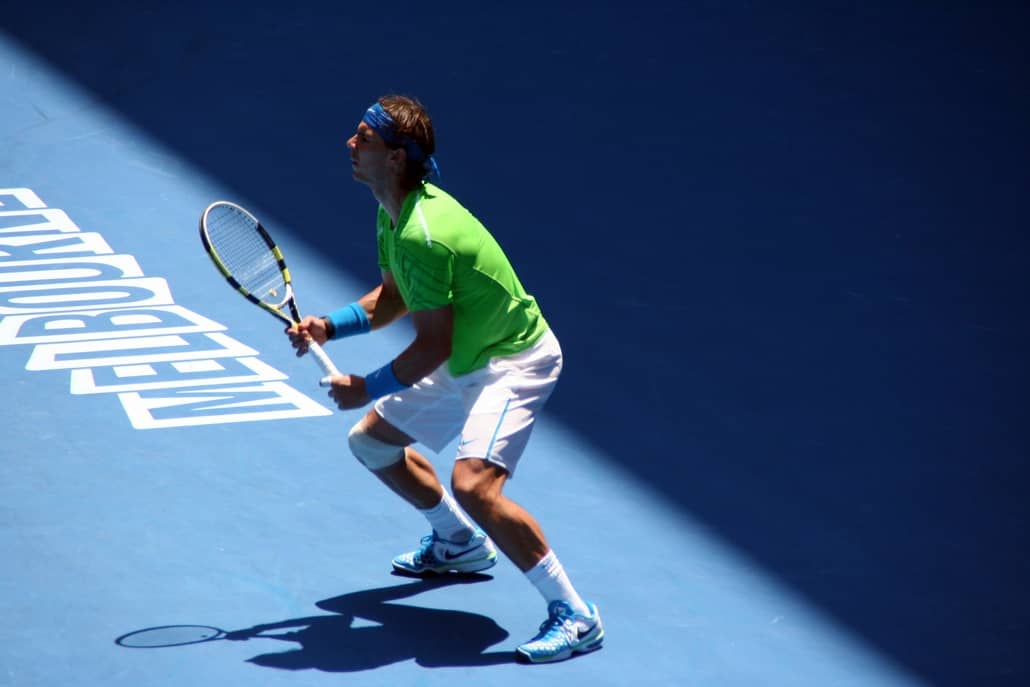
Images from Pixabay.com
Or a single match of the tournament?
Or just one set?
If they are a very good backyard player, they might get lucky to win a couple of gems, but that’s about it.
And not even the most ambitious amateur player in the world would put $10,000 of their hard-earned cash on the line to play in such a tournament. Sure, an eccentric millionaire who has too much money and too much ego might do it but definitely not an ordinary person.
But it’s not a fair comparison, I hear you say. Poker is more like chess!
Well, don’t get me started on chess. If you’re a very lucky person, you might catch Nadal on a bad day, and they might end up injuring themselves so badly that they can’t continue, and you win by default.
To win against a chess grandmaster, any grandmaster, you’d probably need them to break both arms and lose the ability to speak so they can’t have someone else make their moves for them.
Because that’s the only way you’re beating a chess grandmaster.
Even if you’re a very solid chess player who plays a few open tournaments every year, reads some books, and studies openings, your chances against a grandmaster are slim to none, assuming you are not cheating or angle shooting in one way or another.
Out of a hundred games, you might get a couple of draws, maybe one win if you catch them on a really bad day and you’re a really gifted amateur.
Let me get back to poker now.
Time and time again, major poker tournaments have been won by people who are, by all standards and definitions, amateurs.
Poker isn’t their profession, they don’t spend any time studying the game, they often don’t even know the basic math of the game. Yet, they manage to triumph in a tournament featuring some of the best players in the world and countless very good professionals with great results.
Yes, it’s the variance, it’s the luck, and good players will prevail in the long run, but good luck proving that.
One of the main reasons poker is not a sport and might never be considered a sport is a fact anyone can win.
You don’t get that in any other individual sports, short-term or otherwise. Nadal always beats John Doe with one hand tied behind his back, and Carlsen will defeat any chess enthusiast while watching a TV and having a snack.
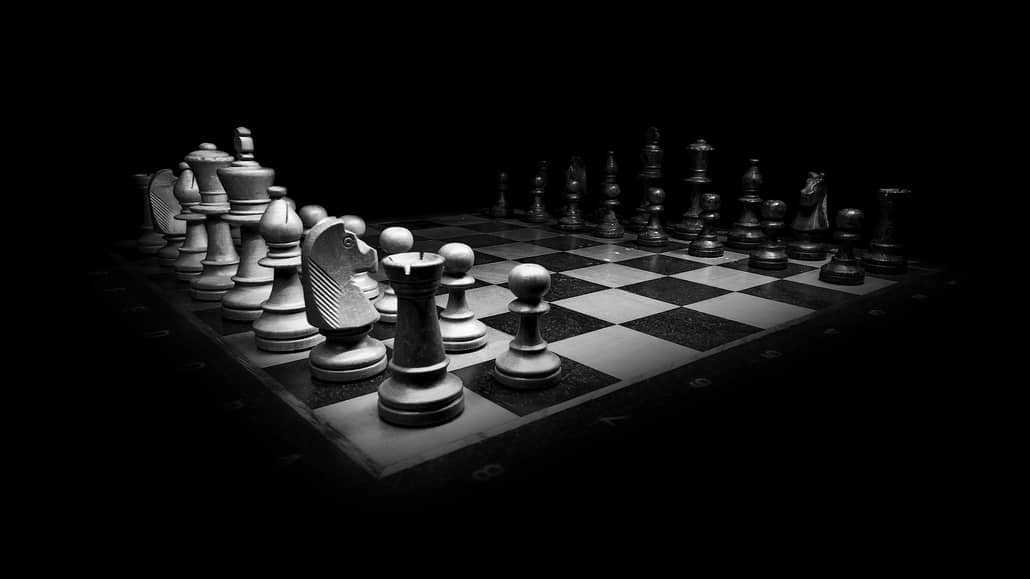
I know everything about the long run and how things work, but I’m not the one who needs convincing.
Think about it from the perspective of a person who sees Joe from their home game making it to the final table of a WSOP Main Event. They see Joe winning big and outlasting some of the biggest names out there, and they know Joe is one of the worst players in their home game. How can you counter that?
Is Poker A Sport Debate: Tournaments Are the Wrong Format
I know everyone loves tournaments. I’ve heard it so many times that tournaments are “real poker.” You bust, and you’re out. That’s how the game is supposed to be played.
However, if cash games were more popular than tournaments, poker would stand a better chance of becoming a sport.
You can deny it all you want, but cash games are just much more skill-oriented and give good players much more maneuvering space.
Phil Ivey loses a 70/30 on a bad beat, and he’s out of the tournament. The threat is eliminated, and he isn’t coming back. The home-game Joe has his poker chips values increased, and he’s all smiles. He defeated the great Ivey.
And, you know what? He’s not wrong.
The fact of the matter is that the tournament format just isn’t the best representation of the game.
It’s not just about the fact players are eliminated without a chance to get back in the game. There is also the fact that blinds keep increasing, making play shallower and shallower. As the average number of blinds in players’ stack decreases, so does the skill factor.
It’s just much harder to make a big mistake if you have 10 big blinds.
Do you have a solid hand? Shove them chips in and hope for the best. Did you flop a pair? Call the all-in and hope you’re good.
And whenever you hear the debate is poker a sport or not, it’s always about tournaments.
Cash games aren’t even considered because they aren’t fit for the competition. A tournament has a fixed start and a (pretty much) fixed ending. This is good for TV, it’s good for casinos, but it’s definitely not good for the chances of poker becoming a sport.
Is Poker a Sport Even When You Have to Pay to Play
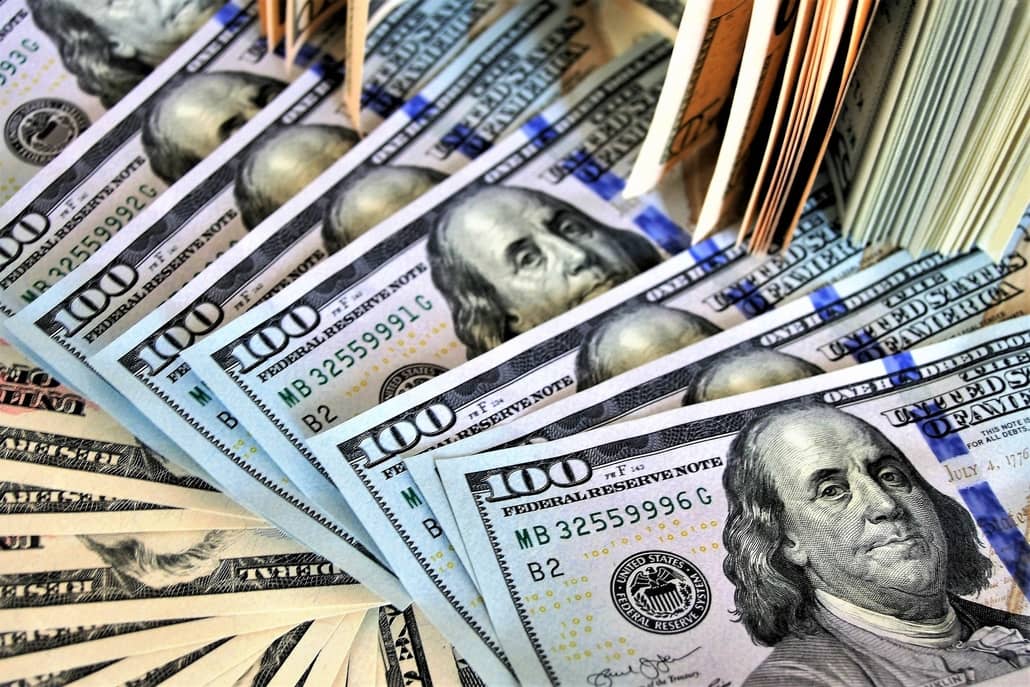
The buy-in for the WSOP Main Event, which is regarded by many as the world championship of poker, is $10,000.
Now, $10,000 is a lot of money, and it’s a huge barrier to entry, especially for people coming from other countries. When you add travel and accommodation expenses, this isn’t something most people can afford to do.
Sure, all sports have certain expenses connected to them, and when you factor in the money you have to spend on equipment and training, the bill can become quite big.
But perception is the reality for most people.
First of all, poker tournaments that get the attention of the media are usually the big ones, with buy-ins of $5,000, $10,000, or even more. It immediately sends the message that the only way to play in this “sport” is if you’re rich.
Okay, some other sports require a significant financial investment in the future. But it’s an investment in the future, not a single bullet in a tournament that might last you an hour or even less if you’re unlucky.
Secondly, it’s only in poker that everyone’s equal as long as they have enough money. You could get into the Main Event and find yourself at the same table with Negreanu, Ivey, Greenstein, etc. It’s an unlikely (and unlucky, if I may say so) draw, but it could happen.
But it could only happen in poker.
High-level chess tournaments aren’t open to the public. It doesn’t matter how good you think you are – you have to earn your right to play with the best, and you can only do that by proving you’re one of the best.
And the way to do it is by playing great chess for many years, not by throwing a pile of money at a casino cashier.
I realize all of this sounds a bit harsh, but I said I’d play the devil’s advocate here and try to explain why poker is not a sport.
There are no poker training centers or purely social games on a big scale. Every time the game is played, it’s played for money. Whatever the amount at stake, poker is always played for money.
And when there is no money involved, even the best players struggle to bring their A-game. They just don’t feel motivated.
Could Some Changes Help Reconsider If Poker Is A Sport?

With all these reasons as to why poker is not a sport, it’s fair to ask if something could be done to make the game more sport-like. But I’m not sure if I have a good answer to that question.
One of the attempts at it was the introduction of Match Poker by the International Federation of Poker.
It’s the variation of Texas Hold’em where players at different tables are given the same hands in the same positions.
So, the luck element is removed, and results are measured based purely on skill. Since everyone has to deal with the same setups, better players are bound to prevail.
I remember watching one of the first (if not the first) Match Poker cups. I was curious to see what it was all about, and a good friend of mine was playing as well, so I wanted to see how she would handle the pressure.
The first day was okay and pretty much according to plans.
The second day, though, I believe it was the Russian team that decided it was time to gamble things up. They were behind on overall chips, and they needed to make the difference up.
So, they started to play this crazy aggressive style, which was the correct strategy given their situation in the tournament.
But there wasn’t much skill involved. The best strategy was to actually gamble it up and rely on luck.
And the kicker? Players didn’t have to put any money on the line, so it was clear many of them just weren’t taking it seriously.
That led to the whole event not being as entertaining to watch. Although they were technically playing poker, it didn’t quite feel like it. Without the pressure that usually comes with, the game isn’t the same.
So, Poker Isn’t a Sport?
When you look at it from all the different angles and consider all the different aspects of the game, there is no denying that poker does fit the category of sports in many ways.
Players need to train to be good, they have to follow specific rules and compete with others, they need to follow some sportsman etiquette like not slow rolling in poker and many more.
If someone’s life depended on it, they could probably push the argument through and add poker the official list of sports.
But, there are also so many things working against that happening, some of which I’ve touched upon in this article.
At the end of the day, defining something as a sport doesn’t change the substance of the game.
It may help change the general perception of it and maybe open some new possibilities but poker as a sport, as long as rules are unchanged, is the same as poker that’s not a sport.
So I don’t really see it happening any time soon.
I don’t think there is enough interest with the powers to be to push it through, and those against it have more than enough ammo to fight the idea. Is poker a sport or not in a metaphysical sense is up for debate but as far as the official recognition is concerned, I wouldn’t count on it.








